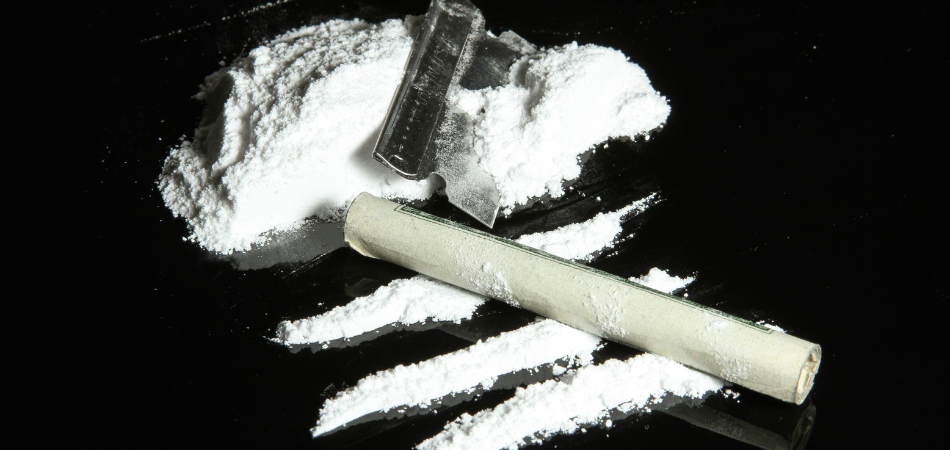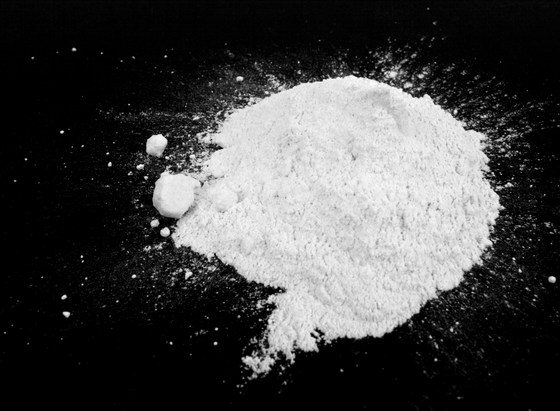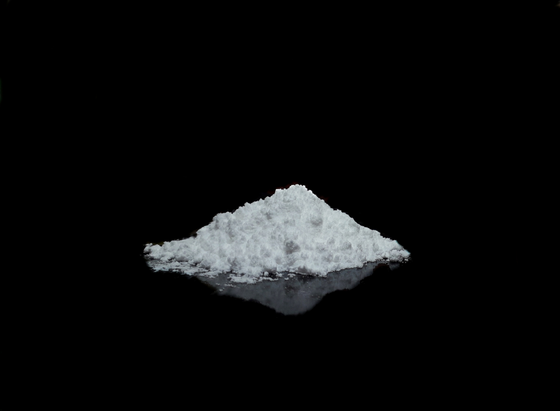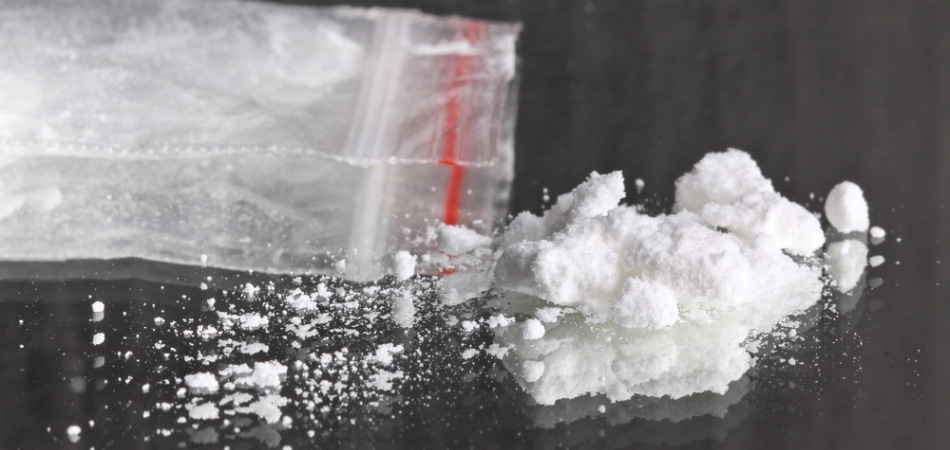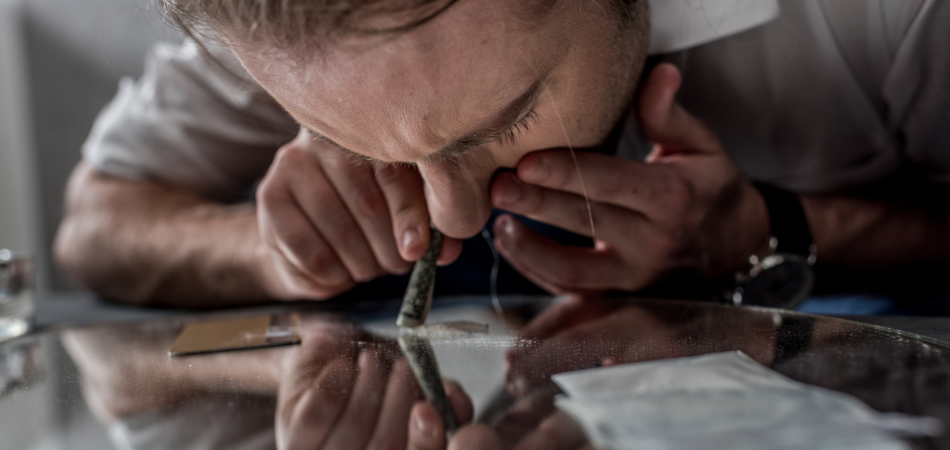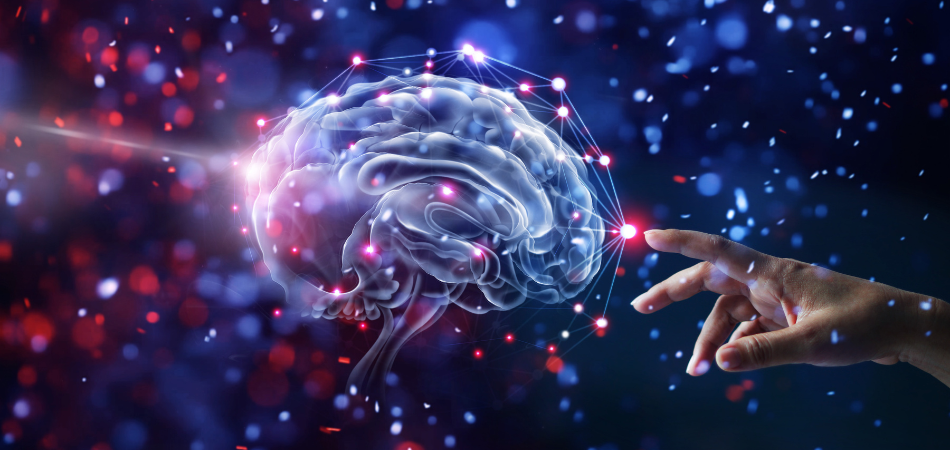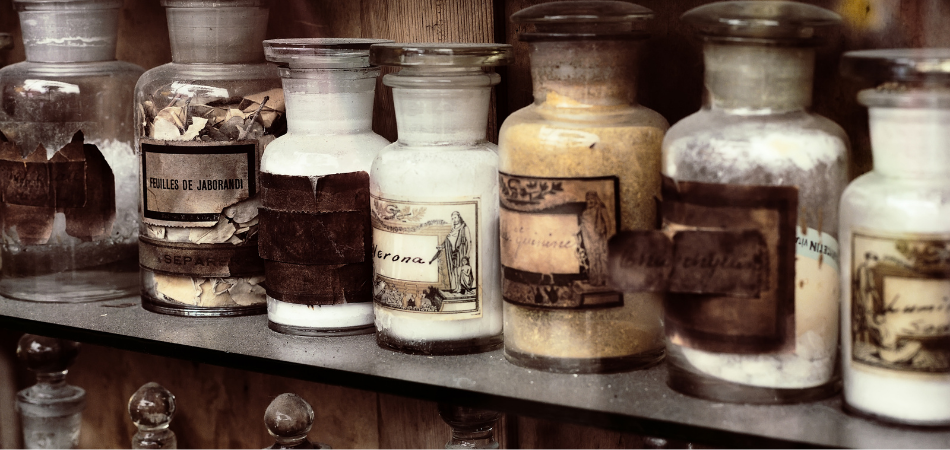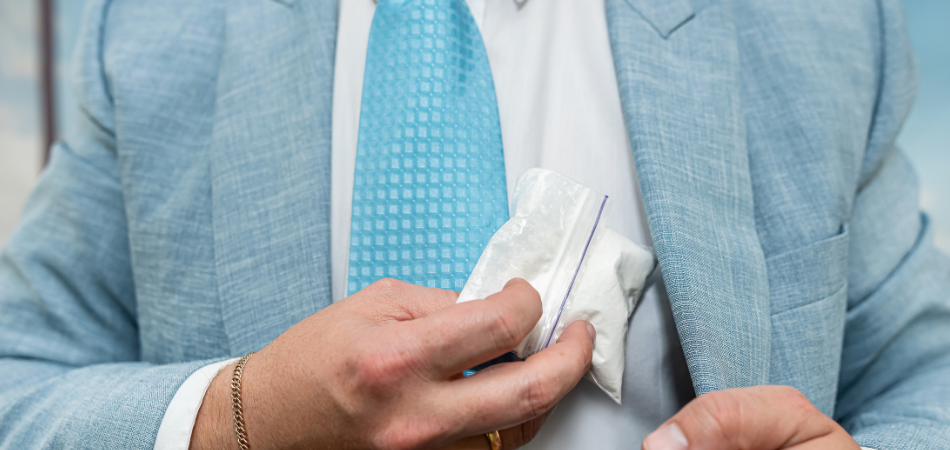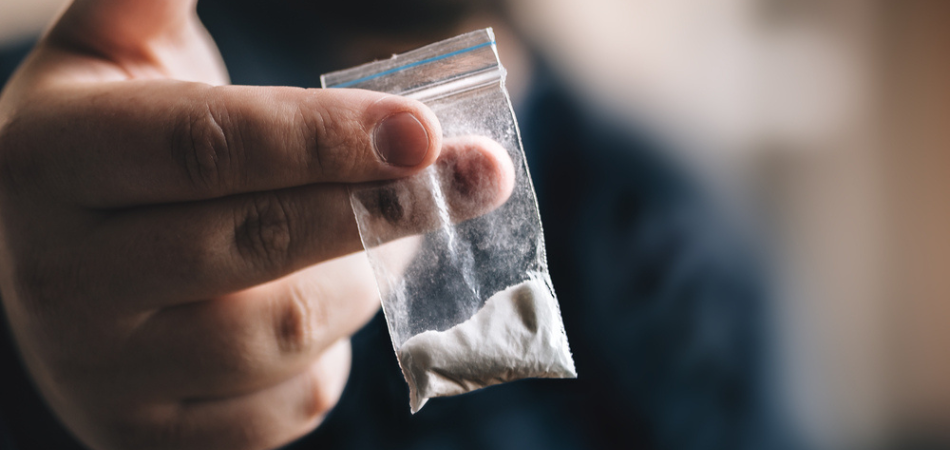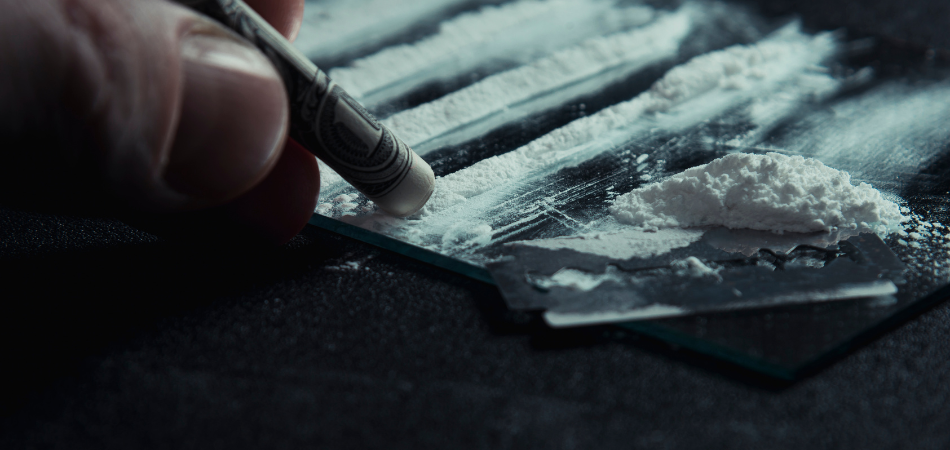Cocaine addiction

Written by:

Medically Reviewed by:
This Page was last reviewed and changed on May 6th, 2024
Cocaine is one of the most abused substances in the UK, with its status as a popular ‘party drug’ leaving many of us unaware of just how dangerous it can be. In fact, cocaine use has the highest risk of abuse over any other illegal mind-altering substance. This page will explain cocaine addiction, some common signs and symptoms, the differences between cocaine abuse and cocaine addiction, and how to seek help if you or a loved one requires support.
What is cocaine?
Cocaine is a white, crystalline powder that comes from coca leaves. It is snorted or injected and gives the user feelings of heightened pleasure and an accelerated heartbeat. It is also known to enhance or prolong the effect of other substances, such as alcohol or ecstasy. Cocaine goes by the street names coke, snow or Charlie. It is a Class A drug, making it illegal in most parts of the world.
What is cocaine addiction?
Cocaine addiction is defined as an intense urge to take cocaine, despite the negative impact to your mental or physical health. As cocaine is a drug which can have an intense, but fleeting high, many users feel compelled to take the drug repetitively and in short bursts. This can be a huge risk factor for drug addiction, with individuals promoted to continuously use more of the drug, topping up their dose when the rush subsides. Oftentimes, this can leave users desperate to recapture that initial feeling they had when their usage started, which can, unfortunately, result in a cocaine addiction.
What makes cocaine so addictive?
Your brain responds to certain stimuli by releasing dopamine. One action cocaine has on the brain is to prevent the dopamine that’s already been released from being cleaned up, causing a build-up. This causes intense feelings of self-satisfaction and pleasure and encourages you to use cocaine again. Although some users will be more susceptible to falling for cocaine’s dopamine deception than others, you are still able to learn methods to help you resist drug-taking and overcome the habit.
Signs and symptoms of cocaine addiction
The signs and symptoms of cocaine addiction vary from each person, and there is no way of telling exactly what one person’s experience is going to be like. However, we have outlined below a range of symptoms observed across a large cross-section of people struggling with cocaine addiction:
Physical symptoms:
- High blood pressure
- Breathing problems
- Heart problems
- Stroke
- Kidney damage
- Liver damage
- Insomnia or sleeping less than the standard amount
- Bursts of energy followed by periods of lethargy or low mood
- Decreased appetite and weight loss
- Sweating
- Nosebleeds
- Sniffing, including nose-wiping or constant runny nose
- Dilated pupils
- Rapid heart rate
Psychological symptoms:
- Depression
- Anxiety
- Irritability
- Mood swings
- Inflated ego
- Brief euphoric state
- Psychosis
- Restlessness
- Impaired thinking
- Poor judgement
- Anger
- Intense cravings for cocaine
What is the difference between cocaine abuse and cocaine addiction?
Cocaine is a substance with a high potential for both abuse and addiction. Even if you don’t take cocaine every day, you are still at risk of developing an addiction to the substance. In fact, individuals taking cocaine, even just on a weekly basis, can still be dependent on it. Cocaine users may not be able to tell if they are abusing the drug or if they are suffering from an addiction. This section aims to explain the main differences between cocaine abuse and cocaine addiction.
Cocaine abuse
As cocaine is an illegal drug, any form of use is considered abuse, including using it regularly without feelings of intense, persistent cravings.
Cocaine addiction
After continued cocaine use, you may develop an intense urge to use the substance for a more intense euphoric feeling, as the original feeling does not satisfy you anymore.
With cocaine addiction, a good indicator of dependence is intense cravings, with users suffering emotional withdrawal symptoms such as irritability and anxiety when they do not have access to the substance. If you are still unsure whether your relationship with cocaine demonstrates abuse or addiction, our expert team are always available to answer any questions you might have.
Why do people get addicted to cocaine?
There are several factors which can make an individual more susceptible to cocaine addiction, some of which will be explored below.
Genetic factors
Genetic risk factors for developing an addiction to cocaine cannot be explained by one single gene. Some scientists believe that there is a gene that predisposes you to become dependent on legal substances such as alcohol and nicotine, as well as one to predispose you to become dependent on illegal substances like cocaine. Both of these tend to be present in people who develop dependencies on psychoactive drugs.
Personality
Personality is thought to play the biggest part in the likelihood of developing a cocaine addiction, with a tendency towards risk-taking and sensation-seeking behaviour being present in most people who are addicted to cocaine. This is thought to be tied into how well-developed the impulse control centres in the brain are.
Repeat exposure
After repeated exposure to cocaine, your brain begins to adapt so that the reward centres become less sensitive to natural stimulants. It also adapts so that the more you consume, the more you require to achieve the same effects.
This can feel scary and is known as building tolerance. These factors, along with becoming less sensitive to natural positive reinforcement, make you more likely to focus on seeking the drug than relationships, food, or other natural rewards.
Environmental factors
It is believed that environmental factors such as peer pressure, home environment and popular culture can play a large role in developing an addiction to cocaine.
Peer pressure in social groups, for example, where recreational drug taking is the norm puts people at risk even if they are not encouraged to take part. If an individual’s home environment lacks parental guidance or input, this is also a major risk factor for children and teenagers to develop an addiction, as drug use may be prevalent within the family.
Trauma
It is important to understand that not everyone who has access to cocaine will use it, and not everyone who uses the drug will become addicted to it.
Across all age groups, however, using cocaine as a response to stress or traumatic events greatly increases your chance of becoming dependent on it. Cocaine addiction can frequently occur in people who have undergone events in their life which are traumatic or distressing, using the drug as a coping mechanism to manage this underlying trauma.
Can cocaine addiction be treated?
If you believe that you are starting to display signs of cocaine addiction, you have already made a crucial first step, recognising that you may have a problem which needs addressing.
While breaking the cycle of cocaine addiction might at first seem challenging, this journey can be made far easier through the continued guidance and support of staff who are trained in the field of addiction. At a cocaine rehab, you will be given a chance to tackle your physical reliance on the drug through cocaine detox, alongside therapeutic treatments and activities to tackle your psychological dependence.
If you would like any information about Sanctuary Lodge, or any of the services we offer to treat cocaine addiction, please do not hesitate to contact us right away.
Frequently asked questions
It is smoked and produces the same state as cocaine but on a more powerful scale because it enters the bloodstream much more quickly. It is a more dangerous form of cocaine and can cause severe respiratory problems, depression, damage to the heart and liver, malnutrition, as well as aggressive and paranoid behaviour.

